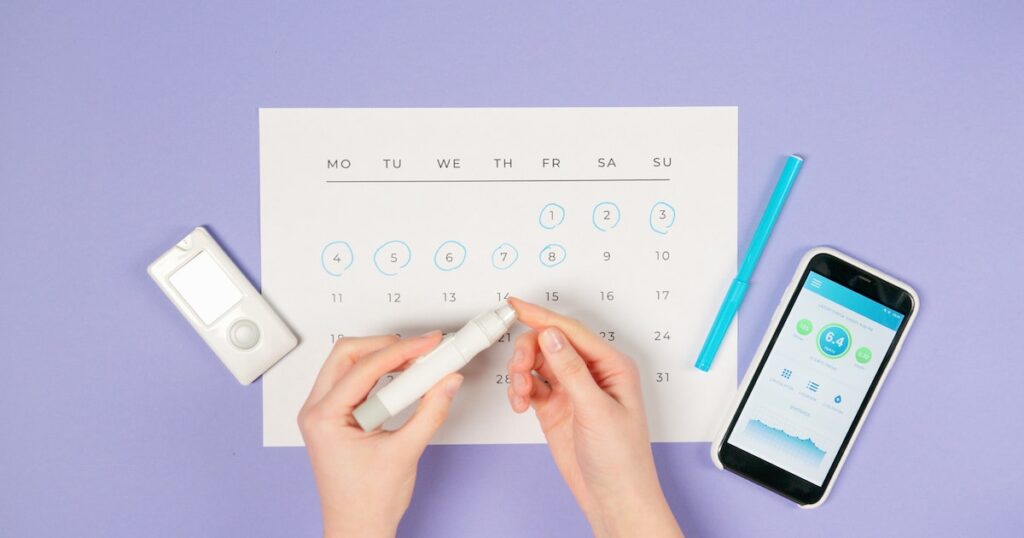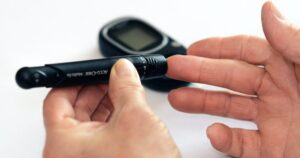Learn 12 Tips to Avoid Diabetes Complications

Diabetes and the Risk of Heart Disease
Diabetes complications can include heart disease. Keep an eye on your risk by having the following ABCs checked:
The A1C level. This is an indicator of your average blood sugar control during the previous 2-3 months. You may need to have it checked twice a year or more. Consult your doctor about establishing a goal.
High blood pressure. Goal: less than 140/80 mm Hg.
Cholesterol. LDL should be less than 100 mg/dl; HDL should be greater than 40 mg/dl in men and greater than 50 mg/dl in women; and triglycerides should be fewer than 150 mg/dl.
Care for Bumps and Bruises
Diabetes increases your risk of infection and hinders healing, so treat even minor wounds and scrapes as soon as possible. Clean your wound thoroughly and use an antibiotic ointment and sterile bandage.
Consult a doctor if symptoms do not improve within a few days. Every day, inspect your feet for blisters, cuts, sores, redness, or swelling. Moisturize them to prevent fractures.
Get Rid of Your Smoking Habit
People with diabetes who smoke are twice as likely as those who do not to die prematurely. Quitting smoking benefits your heart and lungs. It reduces your risk of stroke, heart attack, nerve damage, and renal illness by lowering your blood pressure. Inquire with your doctor about smoke cessation assistance.
Choose Superfoods, Not supersize
There is no such thing as a diabetes diet. But here are some fundamentals to remember: Consume superfoods such as berries, sweet potatoes, omega-3 fatty acid-rich seafood, and dark green, leafy vegetables.
Examine food labels to avoid saturated and trans fats. Instead, choose mono and polyunsaturated fats such as olive oil. A certified dietitian can provide you with tailored guidance.
Schedule Doctor Visits
Expect to see your doctor two to four times a year. If you need insulin or require assistance in controlling your blood sugar levels, you may need to visit more frequently. Get a yearly physical as well as an eye test.
Eye, nerve, and kidney damage, as well as other problems, should be evaluated. Visit the dentist twice a year. Also, inform all of your healthcare professionals that you have diabetes.
